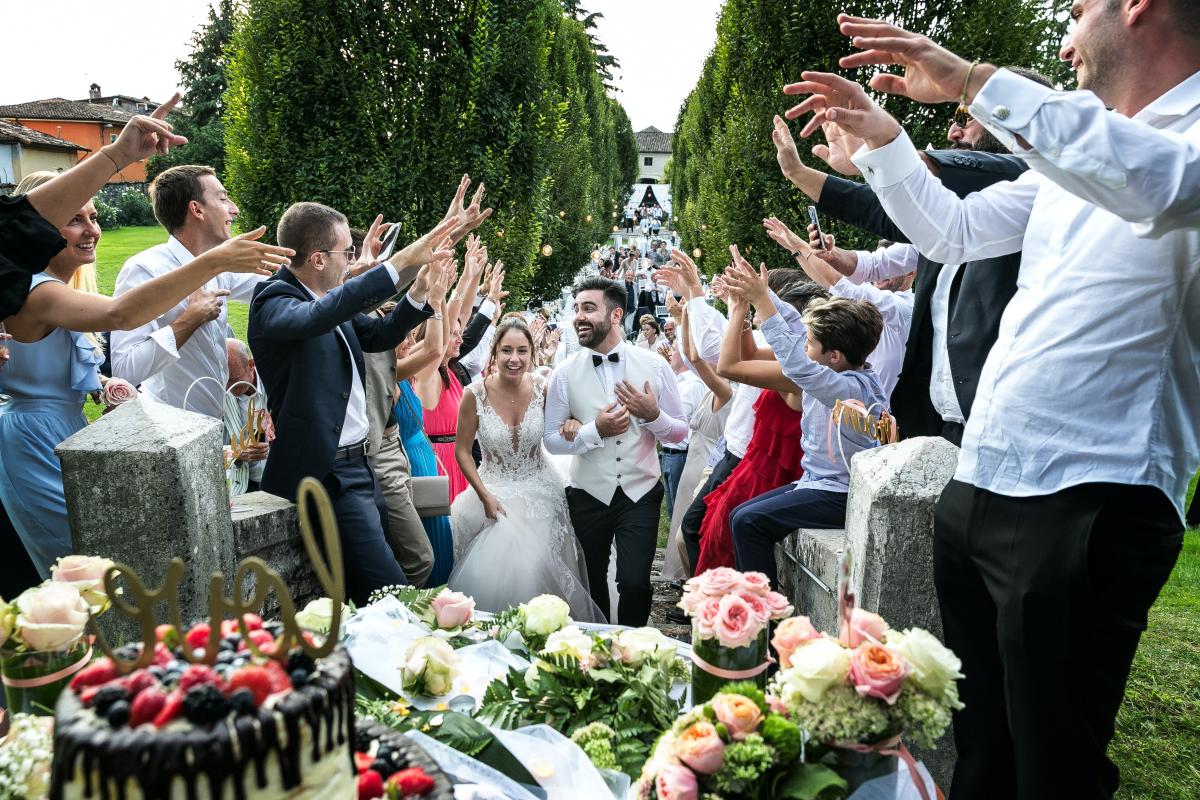I am a member of the elite. Well, according to the BBC’s Great British Class Survey, I am. Published in April, the survey attracted a sample of more than 160,000, which it grouped according to ‘economic capital’ (income, property and savings), ‘social capital’ (the number and status of the people we know), and ‘cultural capital’ (the extent and nature of our cultural activities).
Participants were asked how often they go to the theatre, what music they listen to and the occupations of their friends, as well as the size of their bank account.
The respondents were clustered into seven segments, ranging from ‘Elite’, the most privileged in the UK with the highest levels of all three capitals (ahem), right through to the ‘Precariat’ – a slightly clumsy fusion of ‘precarious’ and ‘proletariat’ denoting those who are the poorest and most deprived.
Fiona Devine, professor of sociology at Manchester university, devised the survey for the BBC. She describes the
data as a ‘sophisticated, nuanced’ picture of class in modern Britain and, carefully avoiding using retro-sounding descriptions, she conceded that while there is still a “top and a bottom… it’s what’s in the middle that is really interesting and exciting”. Her observation that “there is a fuzzy area between the traditional working class and the traditional middle class” was exactly what BritainThinks set out to explore with our study, Speaking Middle English, back in 2011.
We had been struck by a recent YouGov poll revealing that 71% – some 33.6 million people – were now self-identifying as ‘middle class’. While the 71% fi gure suggested a significant growth, its sheer volume is not the only thing that makes this group matter. They collectively account for 79% of all income earned and 91% of all savings and assets. They are discerning, being more likely to spend more to get the right brand (+9%) and more likely to consider factors beyond price, such as corporate reputation or ethical behaviour when making their choice (+9%). They are also more involved in their local community and more likely to turn out to vote.
Like the BBC’s, our survey – and the cluster analysis and qualitative research that we conducted around it – indicated several distinctive segments. We explored attitudes towards all aspects of modern life – family, work, leisure, civic engagement and politics. We also looked at money, spending and brands.
Our six segments overlapped a little with the BBC study
For example, our ‘Urban Networker’ group is a good match for their ‘New Affl uent Workers’, and their ‘Established Middle Class’ matches our ‘Deserving Downtimers’.
We called our most youthful segment the Urban Networkers: 5.9 million adults, four-fi fths of whom are under the age of 45. Cash-rich and time-poor, this group are optimistic and energetic. They place a high value on brands and worship at the altar of Apple.
Liberal in views, they are a sharp contrast with our second segment, the ‘Daily Mail Disciplinarians’ – a slightly larger (seven million adults) and older group, who are both small and large ‘C’ conservative. While many Urban Networkers rent, Daily Mail Disciplinarians are the group that value home ownership most. They are brand sceptics but still find it hard to resist anything with ‘British’ in its name. Our two most affl uent groups are also the oldest: Comfortable Greens (six million people) are most likely to have a degree and choose brands such as Co-op or Green & Black’s for their ethical reputation.
The group we called Deserving Downtimers were the most well-off overall: 74% are over 55 and 98% believe that they have ‘set aside enough for a comfortable retirement’. By contrast, the two least well-off groups – Bargain Hunters (eight million adults) and Squeezed Strugglers (2.7 million) – are clinging on to their middle class-ness by their fi ngertips. Only 7% of the latter feel they ‘have pension provision in place suffi cient for a comfortable retirement’ and 15% have recently defaulted on a loan. Bargain Hunters were the most likely to live in rented accommodation and least likely to have participated in higher education. Asked to describe a luxury treat in a focus group, a female Squeezed Struggler recounted splashing out on a packet of Pringles: “They’re very dear but they are a bit special, aren’t they?”
What binds these disparate groups together?
This, I think, is where the BBC survey, interesting though it is, misses the point. British social class is not about merely locating your tribe. It is, and always was, unashamedly about status. The jobs we do, the homes we live in and the trappings we use to defi ne us may change but, in the end, most of us feel comfortable placing ourselves within a hierarchy – and happiest when we and our nearest and dearest are on an upward trajectory.
Many of the people we interviewed were proud to call themselves middle class and the most successful marketers will understand this motivation well.
Deborah Mattinson is founder director of BritainThinks. Contact [email protected]. This article was taken from the June issue of Market Leader. Browse the archive here.
